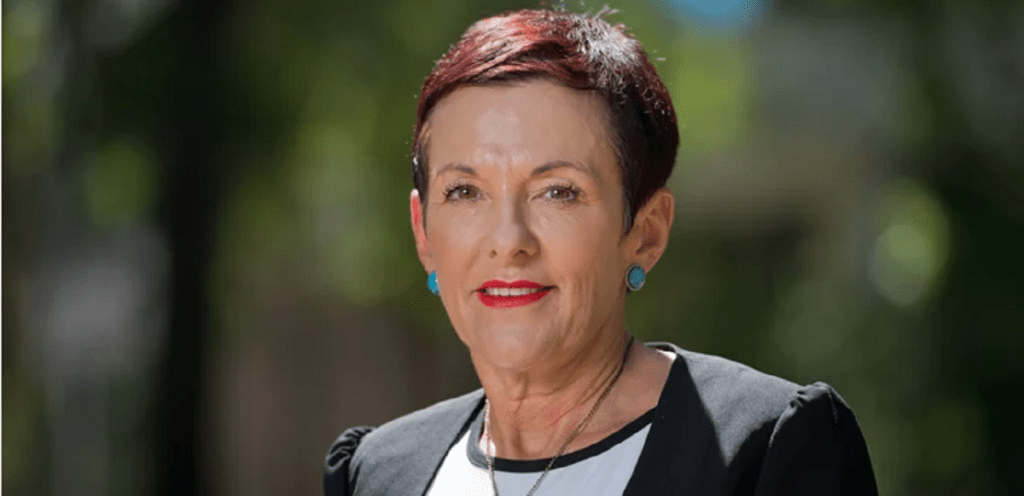Business advocates have called out the National Summit on Women’s Safety for failing to include more small business voices, saying that any discussion about the role of employers in women’s safety is not complete without their perspective.
On Monday, business leaders spoke at a panel focused on how the private sector can contribute to a national plan to address violence against women and children. Journalist and small business owner David Koch; Jennifer Westacott of the Business Council of Australia; and Samantha Mostyn of Chief Executive Women featured on the panel.
But Kate Carnell, former Australian Small Business and Family Enterprise Ombudsman, says the summit’s organisers overlooked the fact that 40% of Australia’s 2.3 million small businesses are owned by women.
“The issue is that there are a lot of women small business owners, sole proprietors and contractors and they were not there,” Carnell tells SmartCompany.
Carnell, who attended the panel as a delegate, says she would have liked a woman who owns her own small business or a representative from a small business organisation to have been involved.
“There are a large number of women who are self employed or who have micro-businesses in the space,” she says.
During the panel discussion, Jennifer Westacott called for all employers to offer staff paid domestic violence leave and said it should be a universal employment right.
“We think we should work towards this being universal entitlement, it should not depend on who your employer is,” Westacott said.
Carnell, however, points out that universal paid domestic leave would fail to help the large number of women sole traders operating across the country if they experience family or domestic violence.
“Lots of women who run small businesses run them from home. If they are subject to domestic violence, it’s doubly difficult to remove yourself from a domestic violence situation,” Carnell says.
“Universal paid domestic violence leave doesn’t work for them,” she says.
The two-day summit includes keynote speeches, panel discussions and closed roundtables focused on issues affecting women’s safety.
The topics of these events include how the private sector can prevent and reduce violence, technology and abuse, coercive control, and policing and justice among others.
Peter Strong, former chief executive of the Council of Small Business Organisations Australia (COSBOA), says it’s disappointing to see no small business organisation involved in the summit as an official participating organisation.
“Having a small business perspective would have brought a real-life situation into the discussion,” Strong tells SmartCompany.
Strong rejects the idea that workplace relations is the best system to provide domestic violence support, saying that federal welfare support would be more effective.
“The solution is to give the welfare sector the capacity to give people paid leave from Centrelink because many women don’t want to bring [domestic violence] up in the workplace,” he says.
Strong says data shows that many corporate employees don’t use paid domestic violence leave entitlements even if they are available.
“We should be talking about what we do for people who are victims of domestic violence not about leave that nobody is going to use,” he says.



